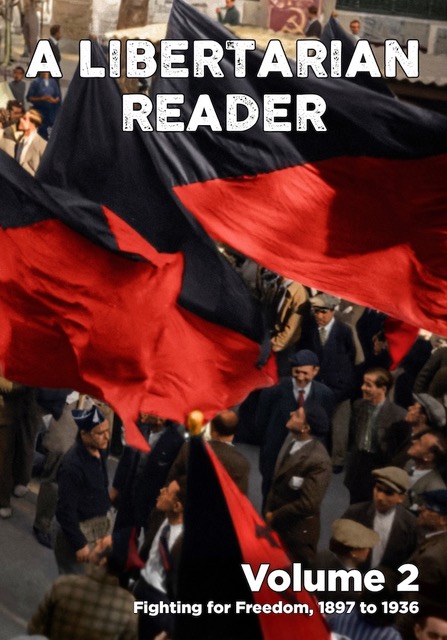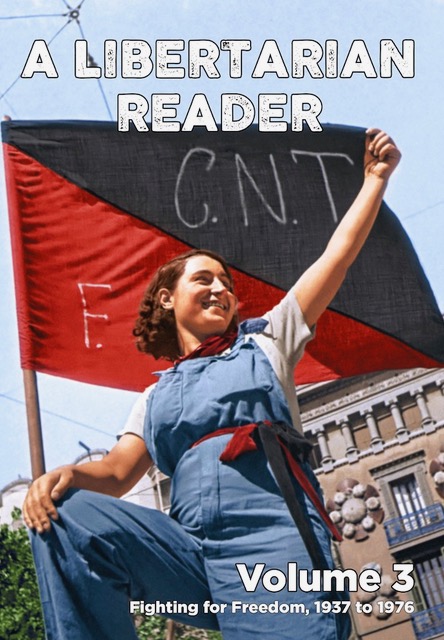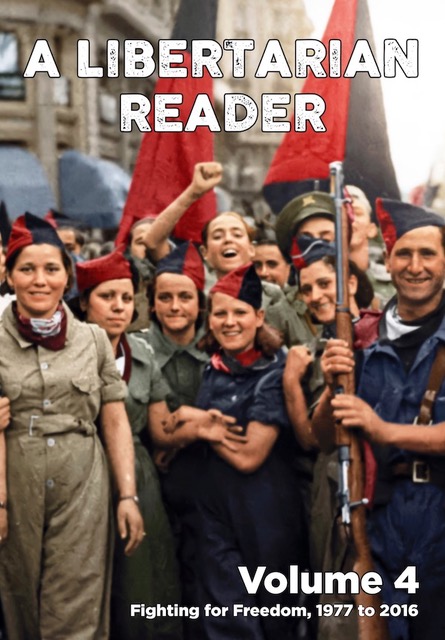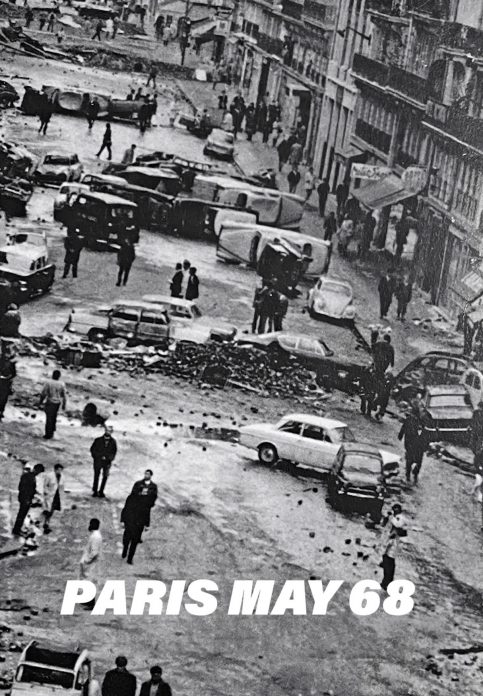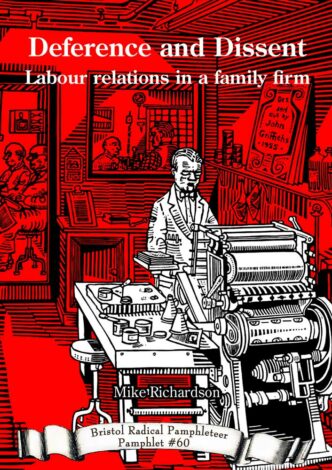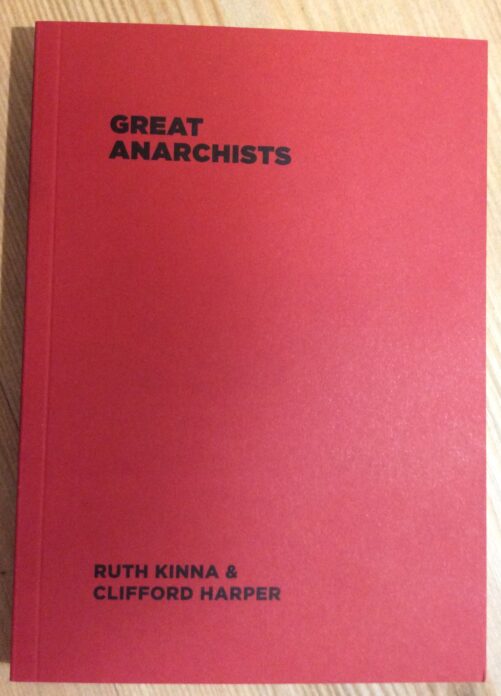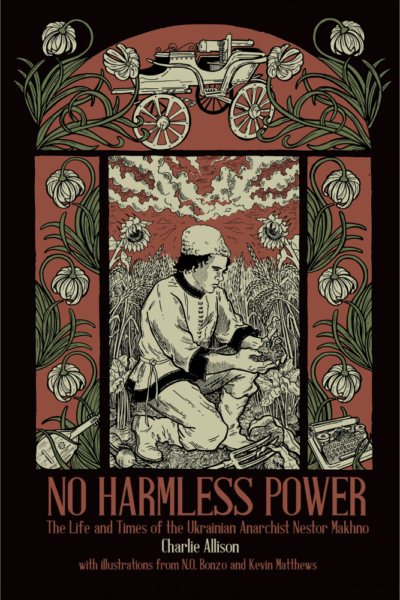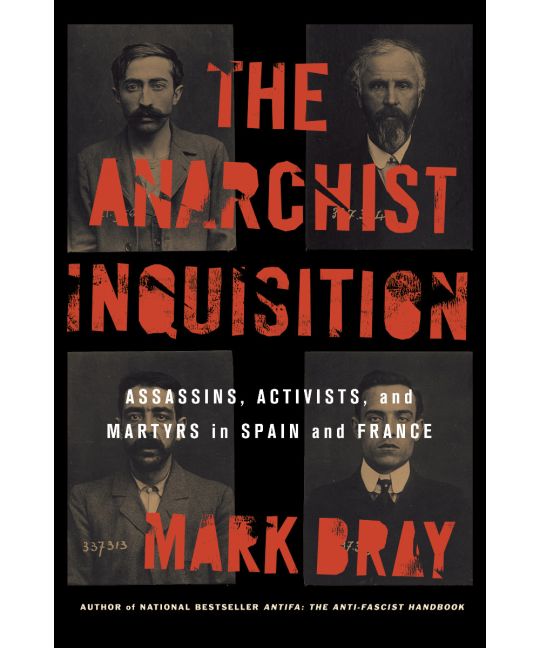History Of The Makhnovist Movement by Peter Arshinov
£7.95
It was in prison in 1911 that Peter Arshinov established a close personal and political friendship with Makhno, which continued after their release following the February Revolution in 1917. In 1919 Arshinov became Makhno’s secretary, and remained with the Makhnovists until 1921. Arshinov’s history of the Makhnovists is undoubtedly the most important source work available.
Description
Freedom Press is an anarchist publisher in Britain who once again publishes this English translation of Peter Arshinov’s near-epic “History of the Makhnovist Movement 1918-1921”. The Makhnovists were a peasant insurgent movement in the Ukraine during the Russian Civil War. They were named after their leader, Nestor Makhno. The Makhnovists are often described as “anarchists” and play a prominent role in the political mythology of many anarchist groups. The leadership (including Arshinov and Makhno himself) was anarchist, but the movement as a whole was a populist peasant insurgency. Interestingly, the Makhnovists never collaborated with the White Guards. Indeed, they occasionally joined forces with the Bolsheviks against the Whites. However, Makhno’s movement was never under actual Bolshevik control, and as Soviet Russia was sliding towards one-party rule, a showdown between Makhno and the Red Army became inevitable. By 1921, the movement had been defeated, and both Makhno and Arshinov fled to France. Their subsequent fates are somewhat curious. In France, Arshinov and Makhno published an anarchist platform which was too centralist and “Bolshevik” for the taste of the regular anarchists. They were roundly condemned as heretics. Even later, Arshinov became a Communist and returned to Russia! As a final ironic twist, Stalin had him shot during the Great Purges, accusing Arshinov of wanting to restore anarchism… Makhno, meanwhile, remained an anarchist and died in France in relative obscurity.
Although very partisan, Arshinov’s book on the Makhnovists is nevertheless an indispensable source for students of the Russian Civil War and Ukrainian history. It tells the entire story of the Makhnovist movement from 1918 to 1921, and includes various documents issued by it. Despite its partisan character, the book does contain some revealing material. For instance, it’s obvious that the movement wasn’t particularly “anarchist” or “libertarian”. It was essentially an army, commanded by Makhno and a closely knit group of collaborators. Makhno was called Batko (“little father” – actually a deferential term given to leadership figures) and the official name of the movement was Revolutionary Insurgent Army of the Ukraine (Makhnovist), which suggests a personality cult of some sort.
Nor is this surprising. Peasant movements are often welded together by military strongmen of this kind. It’s probably inevitable: the peasantry is decentralized, and the only way to unite it might be through strong leadership figures to whom the peasants feel an almost individual loyalty and deference. Other examples probably include Zapata, Pancho Villa, Sandino, Farabundo Marti and even Mao Zedong. Interestingly, all of these had some kind of “anarchist” ideology (except Mao). We can also see this phenomenon historically. What about Thomas Münzer or Engelbrekt, for instance?
Nor were the Makhnovists particularly “democratic”. At one congress of the Insurgent Army, Makhno quite simply shot and killed his opponent Grigoriev in front of the entire meeting, where upon Grigoriev’s men supposedly hailed Makhno and decided to follow him instead! I have little doubt that Grigoriev was a bandit and anti-Semitic pogromist, but this episode does show that Makhno wasn’t your average liberal democrat. The book also shows that Makhno had a very ambivalent attitude to other left-wing movements. When his army captured the town of Ekaterinoslav, they did proclaim freedom of speech and organization, while simultaneously warning the political parties not to “impose any political authority on the working masses”. In other words, to stay clear of the Makhnovists, who had the real political authority.
Personally, I find these non-anarchist traits entertaining, since they belie Makhno’s position in anarchist mythology. Indeed, it may have been Arshinov’s and Makhno’s experience in the Ukraine that led them to later propose a more centralist, disciplined form of anarchism.
Another account of the Makhnovist movement can be found in Voline’s “The Unknown Revolution”, a mammoth work also published by Freedom Press. Voline also belonged to the Makhnovist movement, but couldn’t accept the later platform of Arshinov and Makhno.
Recommended.
Please note some of the books we have been getting from Freedom Press (including this title) are the best of the fire damaged stock. The books may be slightly discoloured on the outside and smell a bit burnt but we believe they should not be wasted or purely cosmetic reasons and we want to help Freedom survive the arson attack by fascists. Consider such copies as special “solidarity copies” as opposed to “soiled”!
Additional information
| Weight | 0.590000 kg |
|---|



